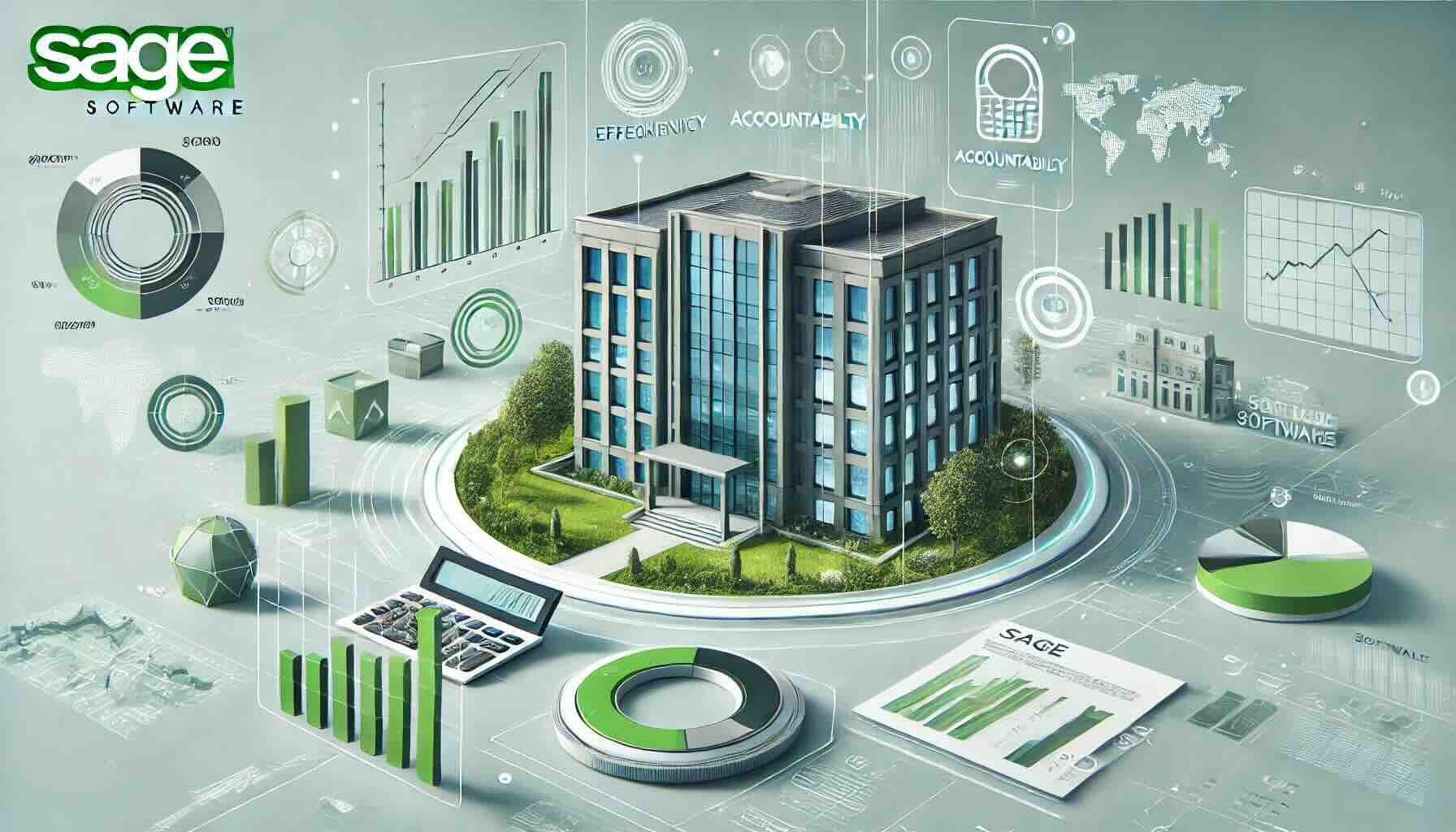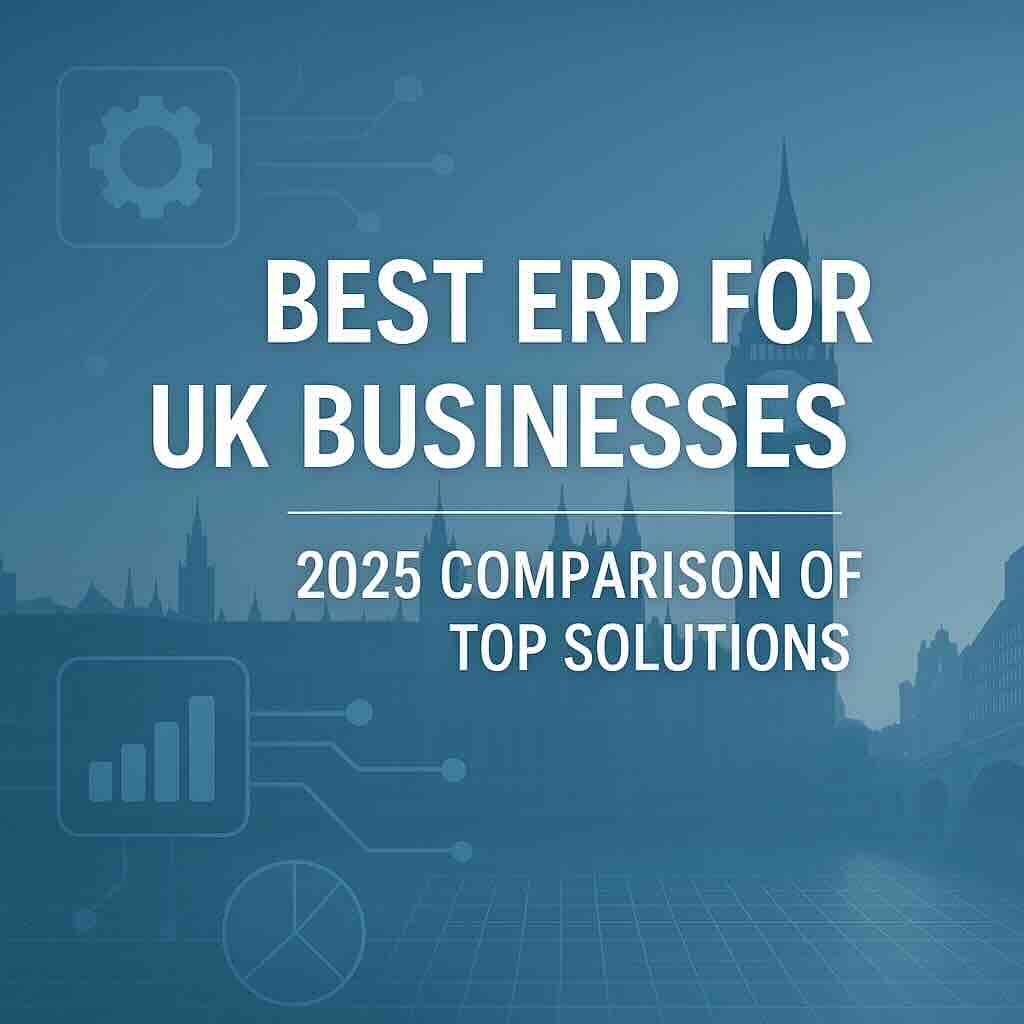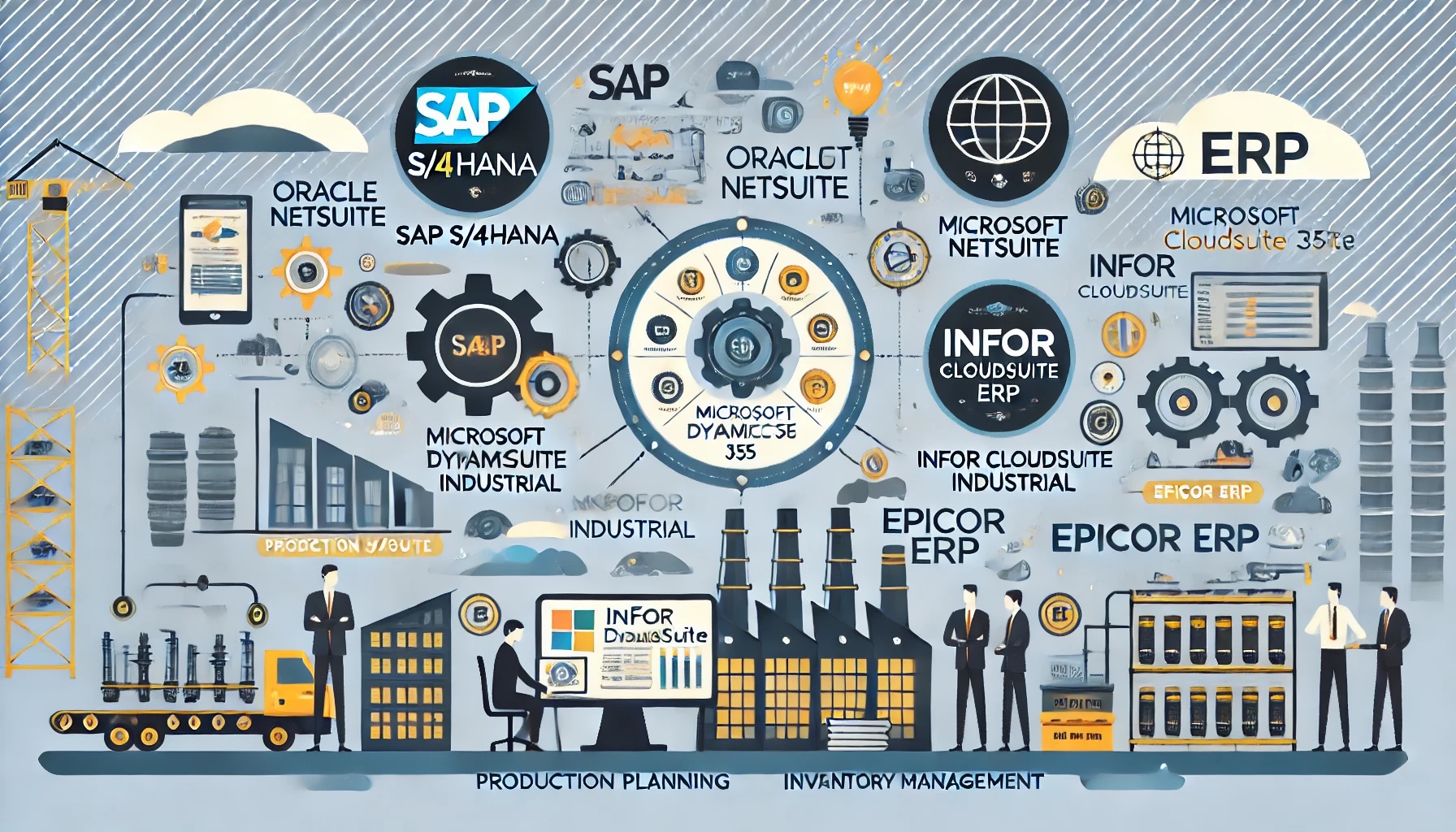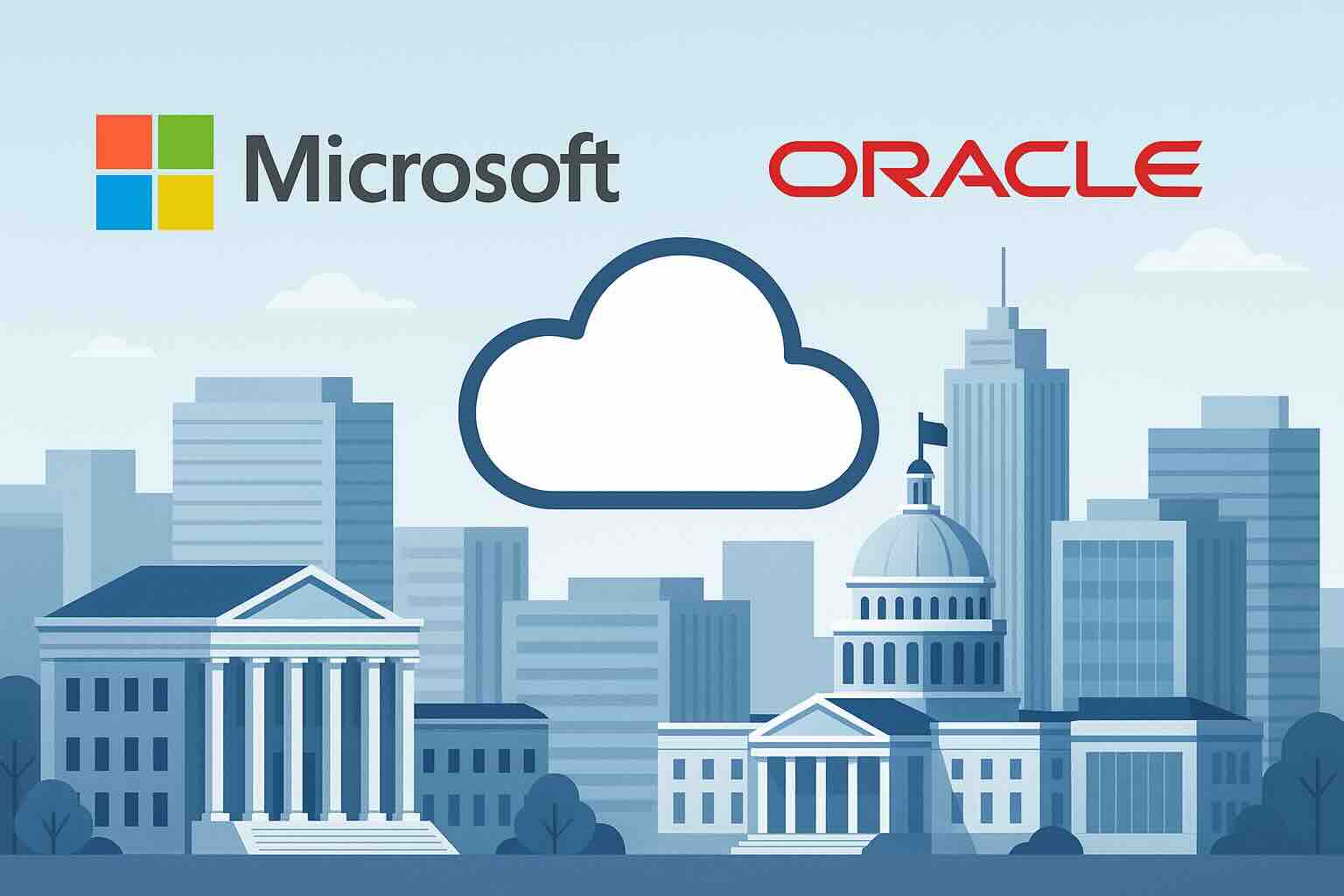Is SAP Business One a Good Choice for Government Organizations?

Government organizations face unique challenges in managing their resources, maintaining transparency, and ensuring accountability. In the era of digital transformation, many government entities are looking to adopt enterprise resource planning (ERP) systems to streamline operations and manage their data efficiently. SAP Business One, a widely adopted ERP solution, is often considered by government bodies seeking cost-effective, flexible solutions. But is SAP Business One a good fit for government organizations? In this article, we will explore the key features of SAP Business One, its potential benefits for government agencies, and whether it meets the unique demands of the public sector.
What is SAP Business One?
SAP Business One is an ERP system developed by SAP, aimed primarily at small and medium-sized enterprises (SMEs). It helps businesses manage a wide range of functions, including financial management, procurement, inventory, human resources, and customer relationship management. Designed to be scalable and flexible, SAP Business One is customizable and integrates seamlessly with other software, which makes it appealing to organizations of various sizes and industries.
Although SAP Business One is widely recognized in the private sector, its applications for public sector organizations, including government bodies, are increasingly being explored.
Key Features of SAP Business One for Government Organizations
- Financial Management and Budgeting Government organizations need a solid financial management system to handle public funds responsibly. SAP Business One provides real-time financial reporting, budgeting tools, and multi-currency support, enabling agencies to track expenditures, allocate budgets efficiently, and ensure compliance with fiscal policies. The system offers transparency in financial management, a key requirement for any government body.
- Procurement and Supplier Management Efficient procurement processes are vital for government organizations, which often deal with large-scale purchasing and public contracts. SAP Business One’s procurement module simplifies supplier management, automates the procurement cycle, and tracks purchasing activities to ensure cost-effective, transparent procurement processes. These capabilities help governments maintain accountability and reduce the risk of fraud or misuse of public funds.
- Data Management and Reporting Public sector organizations must handle vast amounts of data, often with strict reporting requirements. SAP Business One offers comprehensive data management tools, allowing government entities to collect, store, and analyze data efficiently. The system’s reporting features enable agencies to generate reports on financial performance, project progress, or compliance, ensuring that they meet regulatory requirements and can make informed decisions.
- Regulatory Compliance Compliance with local, state, and federal regulations is critical for government entities. SAP Business One helps ensure that organizations stay compliant by providing built-in tools for monitoring, documenting, and reporting regulatory requirements. This feature reduces the risk of non-compliance, which can lead to legal or financial penalties.
- Project Management Government agencies often manage large-scale projects, from infrastructure development to community programs. SAP Business One includes project management tools that allow organizations to plan, execute, and monitor projects efficiently. These tools help track budgets, deadlines, and resources, ensuring that projects are completed on time and within budget.
- Human Resources and Payroll Managing a large workforce is a common challenge for government organizations. SAP Business One’s human resources module simplifies HR tasks such as employee data management, payroll processing, and compliance with labor laws. The system also provides tools for employee self-service, enabling government employees to access their records, request time off, or update personal information with ease.
Benefits of SAP Business One for Government Organizations
While SAP Business One was not originally designed specifically for government organizations, its robust functionality and adaptability can offer significant benefits to public sector entities. Here are some of the key advantages of SAP Business One for government use:
- Scalability One of the greatest strengths of SAP Business One is its scalability. Government organizations, regardless of size, can benefit from its modular design. Smaller municipal governments may start with core modules, such as financial management, while larger entities can integrate more advanced features, like project management and analytics, as needed.
- Cost-Effectiveness Government budgets are often limited, and ERP solutions designed specifically for large-scale government operations can be costly. SAP Business One offers a cost-effective alternative without sacrificing critical functionality. Its pricing model makes it accessible to smaller government organizations or departments with tight budget constraints.
- Improved Transparency and Accountability One of the major demands on government organizations is maintaining transparency and accountability to the public. SAP Business One facilitates this by offering real-time tracking of expenditures, project progress, and procurement activities. Its robust reporting tools allow government agencies to provide clear, transparent reports to stakeholders, auditors, and the public.
- Enhanced Decision-Making In government, timely and informed decisions are critical to the success of initiatives. SAP Business One’s real-time data analytics capabilities give decision-makers access to up-to-date information on budgets, project status, and resource allocation. With the ability to generate customized reports and dashboards, government leaders can make data-driven decisions to improve public services and resource management.
- Streamlined Operations Government organizations often face inefficiencies due to siloed data and disjointed processes. SAP Business One helps streamline these operations by integrating different functions—such as finance, procurement, and HR—into one centralized system. This reduces redundant tasks, improves communication between departments, and enhances overall productivity.
- Security and Data Integrity Governments handle sensitive data, and ensuring the security and integrity of that data is a top priority. SAP Business One provides role-based access controls, data encryption, and audit trails to protect sensitive information. These security features are essential for government agencies that must comply with data protection regulations and safeguard public trust.
Is SAP Business One Suitable for Government Organizations?
While SAP Business One provides many features that can benefit government organizations, it may not be suitable for every public sector entity. For smaller local governments or individual departments with limited resources, SAP Business One offers a flexible, cost-effective solution. Its ability to integrate with other software systems and its scalability make it an excellent option for government bodies that need a comprehensive yet affordable ERP system.
However, larger government agencies or those with complex operations may require more specialized ERP solutions, such as SAP S/4HANA, which is designed for large-scale enterprises and can handle more intricate regulatory and operational needs.
Limitations of SAP Business One for Government
- Limited Customization for Large Entities SAP Business One is primarily designed for SMEs, which means that very large government organizations with complex structures and processes may find its capabilities limited. Customizations may be necessary, which could increase the total cost of ownership.
- Public Sector-Specific Features While SAP Business One offers strong core features, it may not include some of the specialized tools needed by certain government departments, such as advanced grant management or public asset tracking. These organizations may need to integrate additional third-party solutions or develop custom modules to meet their specific needs.
- Compliance with Government Standards Government organizations may face unique regulatory and reporting requirements that SAP Business One doesn’t address out-of-the-box. While the system is customizable, organizations with highly specialized compliance needs may find the default compliance tools insufficient.
Conclusion
SAP Business One is a powerful, flexible ERP system that offers many benefits for government organizations, particularly those on a smaller scale or with limited resources. Its scalability, affordability, and comprehensive features for financial management, procurement, and transparency make it a solid choice for local governments, municipal bodies, and small departments within larger government entities.
However, larger and more complex government organizations may require more advanced ERP solutions tailored specifically to the public sector. Before implementing SAP Business One, government bodies should assess their specific needs, compliance requirements, and operational complexity to determine whether this ERP system is the best fit for their organization. Click this link to find out more about SAP Business One.
To compare SAP Business One with 100s of other ERP solutions, you can use our new AI-powered Compare ERP tool. It’s free to use and you get a guaranteed discount on your first year’s licence fees with a referral from Compare ERP.









